How to Practice Daily Mindfulness Even as a Busy Educator
As educators, our daily lives revolve around helping others—whether they’re our students, colleagues, or family Read More >

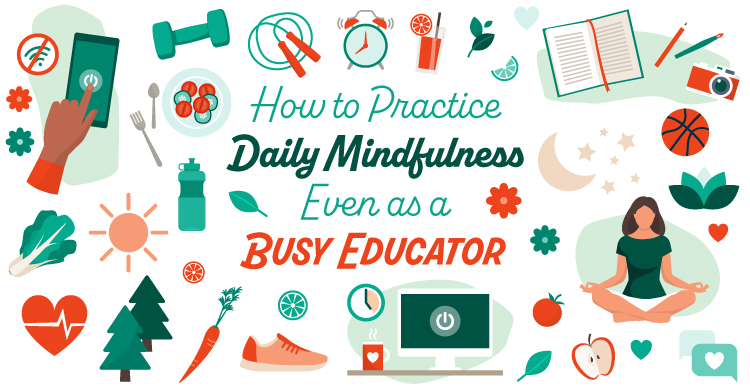
As educators, our daily lives revolve around helping others—whether they’re our students, colleagues, or family Read More >
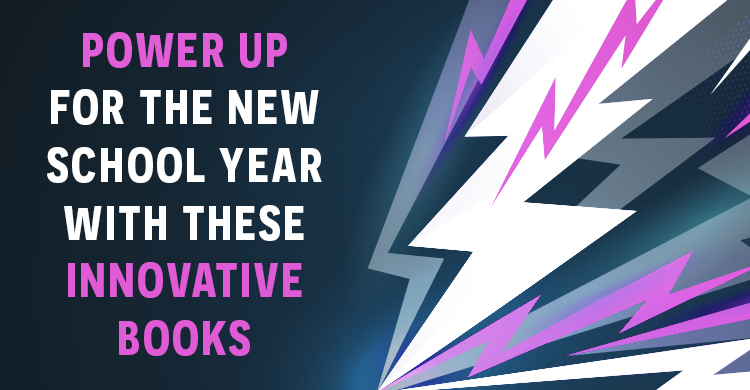
Looking to refresh your approach to learning, take charge, and ignite your creativity? Look no
Read More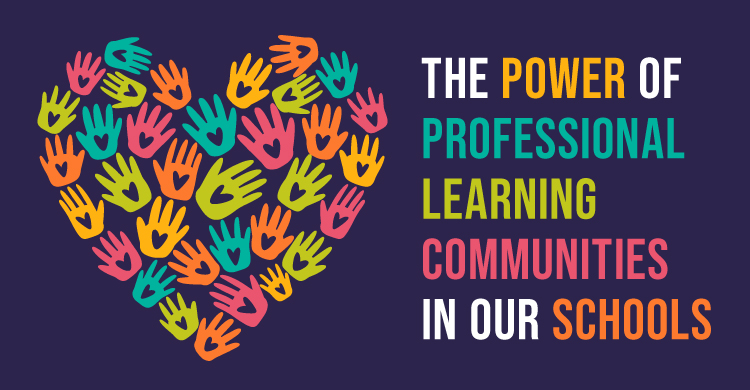
In the ever-evolving landscape of education, the key to success lies not only in the
Read More
Independent reading is the heartbeat of the reading work done in classrooms. Students need opportunities
Read More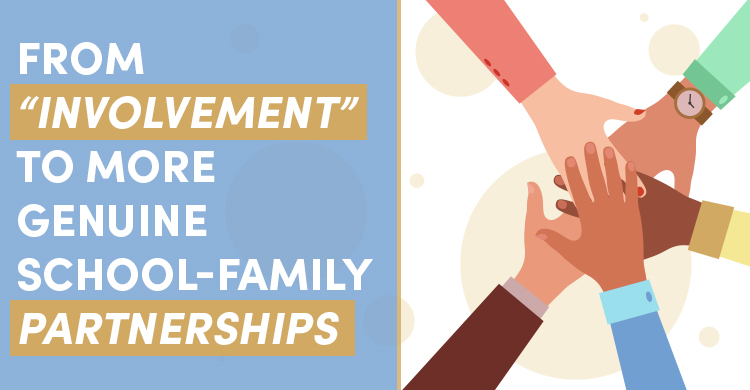
For decades, research has confirmed that engaging families is one of the five keys to
Read More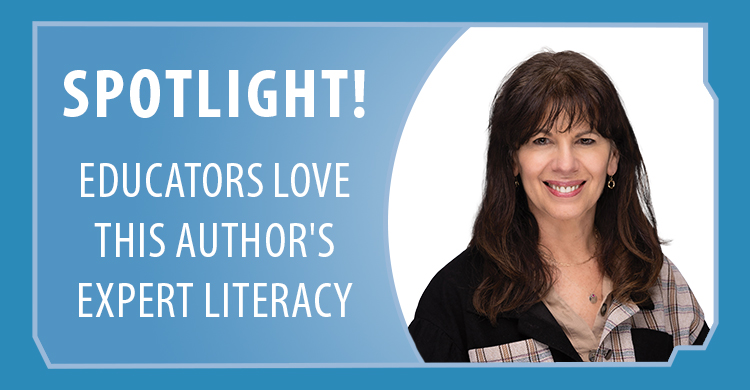
Karen Gazith, PhD, is a faculty lecturer in the Department of Educational and Counselling Psychology
Read More
As summer unfolds after a busy school year, it’s the perfect time to reset and
Read More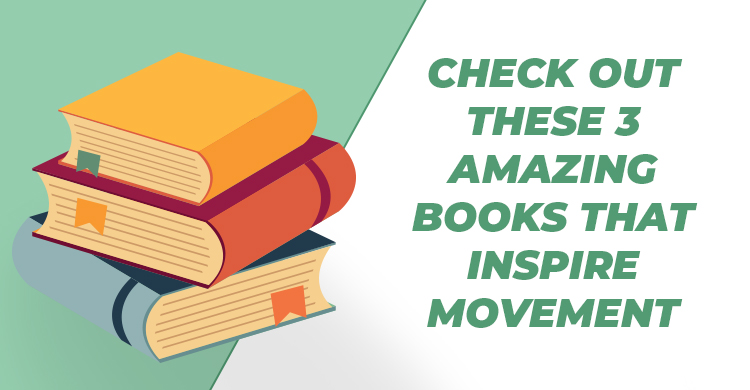
Want to get your classroom moving (and learning!) while promoting your own well-being? Explore these resources
Read More
Never in a million years did I think Netflix would have solutions for the exhaustive
Read More
As pizza parties, movie days, award assemblies, and the hum of excitement settles down after
Read More